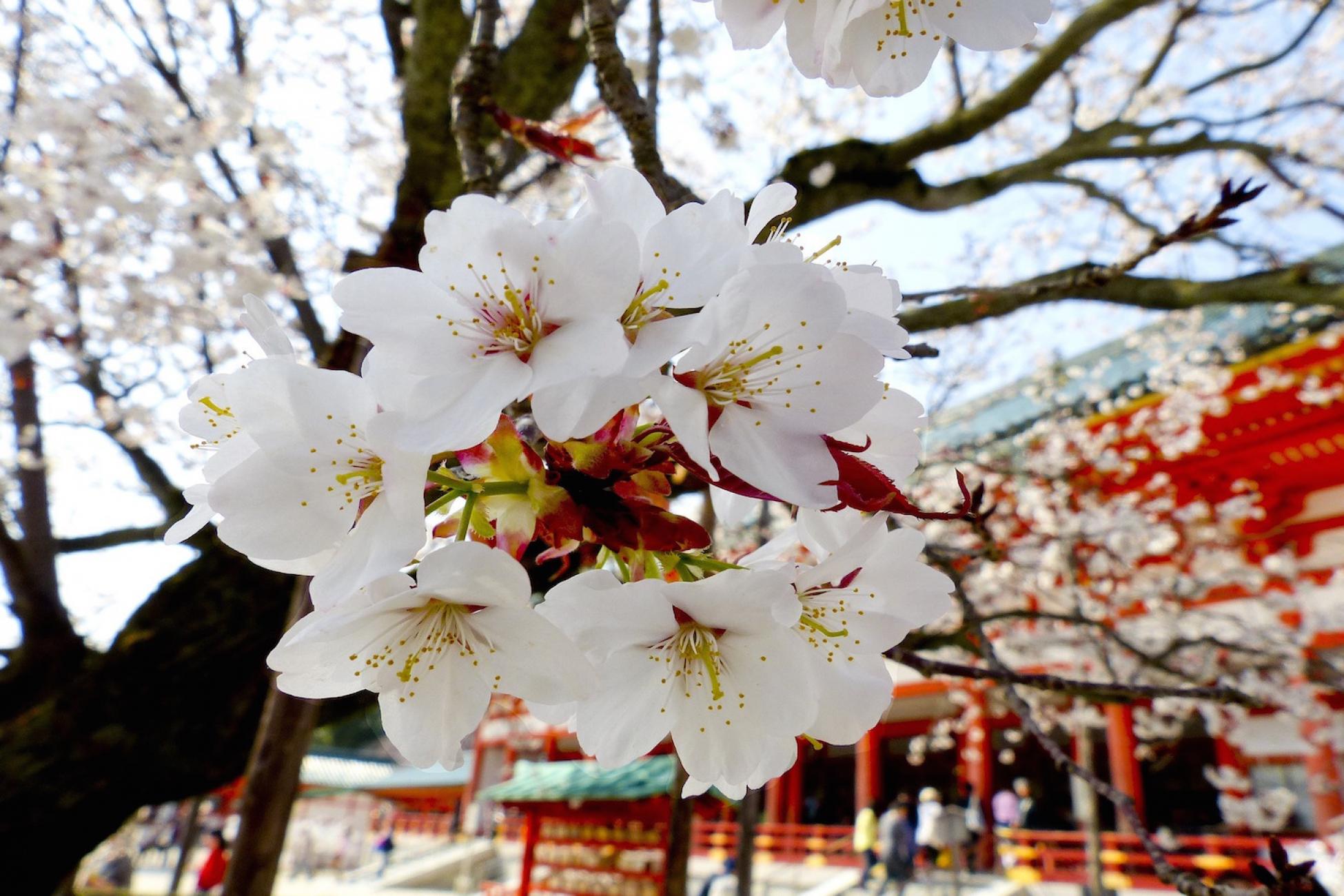I am not sure where I will be in the fall. The Japan Exchange and Teaching (JET) program determines exactly where I will be based in the coming year. I am anxious to know. In a country with large cities and serene countryside, the options are far-flung. In my application, I optimistically highlighted a strong predilection for small towns and large bodies of water.
Why would someone leave an otherwise comfortable existence in coastal South Carolina? As I prepare to immerse myself in Japan, I'm revisiting my motivations. My part of the country helped elect President Donald Trump; I am not pleased. America’s role as an international leader is dramatically changing. Yet, I am an eternal optimist. I feel empowered to deliver my version of America abroad. Seeking a change from my law career, and intrigued by the world abroad, I am ripe expat material.
I chose JET because it's well regarded among teach English abroad programs. It has been in place for over 30 years and is run by the government of Japan. The program accepts a variety of applicants from English-speaking countries. Nonetheless, I am bit surprised I was selected. I am older than most applicants; many choose to teach abroad right after college. I, on the other hand, have completed a graduate degree and have some professional work experience under my belt. Other applicants are Japanophiles with in-depth knowledge about Japanese history, language and culture. My knowledge extends to a few sushi dinners and an appreciation for cherry blossoms.
My knowledge of Japan currently extends to a few sushi dinners and an appreciation for cherry blossoms.
Through previous trips abroad, I have developed a penchant for interacting with individuals from a different culture. I love the interplay of cultural values and norms that are natural exchanged in foreign language acquisition. I enjoy working with students and, now, anticipate how Japanese students will react to my version of America. I trace my ethnic origin to another part of Asia. I can trace my roots to the subcontinent of India. As I explain what it means to be both American and Indian, I intend to ask my students, “What does it mean to be Japanese today?” I expect that my students will grow from such introspection. Through our conversations, I hope to impart my American sensitivities for independence, justice and hope.
I'm also looking forward to reconciling my preconceived notions of the country. Japan has large cities; yet, they have a great variety of outdoor recreation options. I look forward to learning how the Japanese combine their spirits with nature. I will take adventures into the countryside; I imagine meditative landscapes and geo-thermal waters. Japan has a vast consumer culture. My environmental conscience wonders how the Japanese recycle their plastics. I suspect that they handle the mundane details of life in their own unique way. My hope is to learn how Japan maintains its famed cleanliness.
As I eagerly await the exact details of my assignment, I am confident that the JET program is a great way to get abroad. Japan’s natural beauty and cultural richness will revitalize my desire to explore abroad. In turn, I will have the opportunity to inspire young Japanese students to use the English language on their own adventures abroad. I cannot imagine a better way to travel with purpose.

